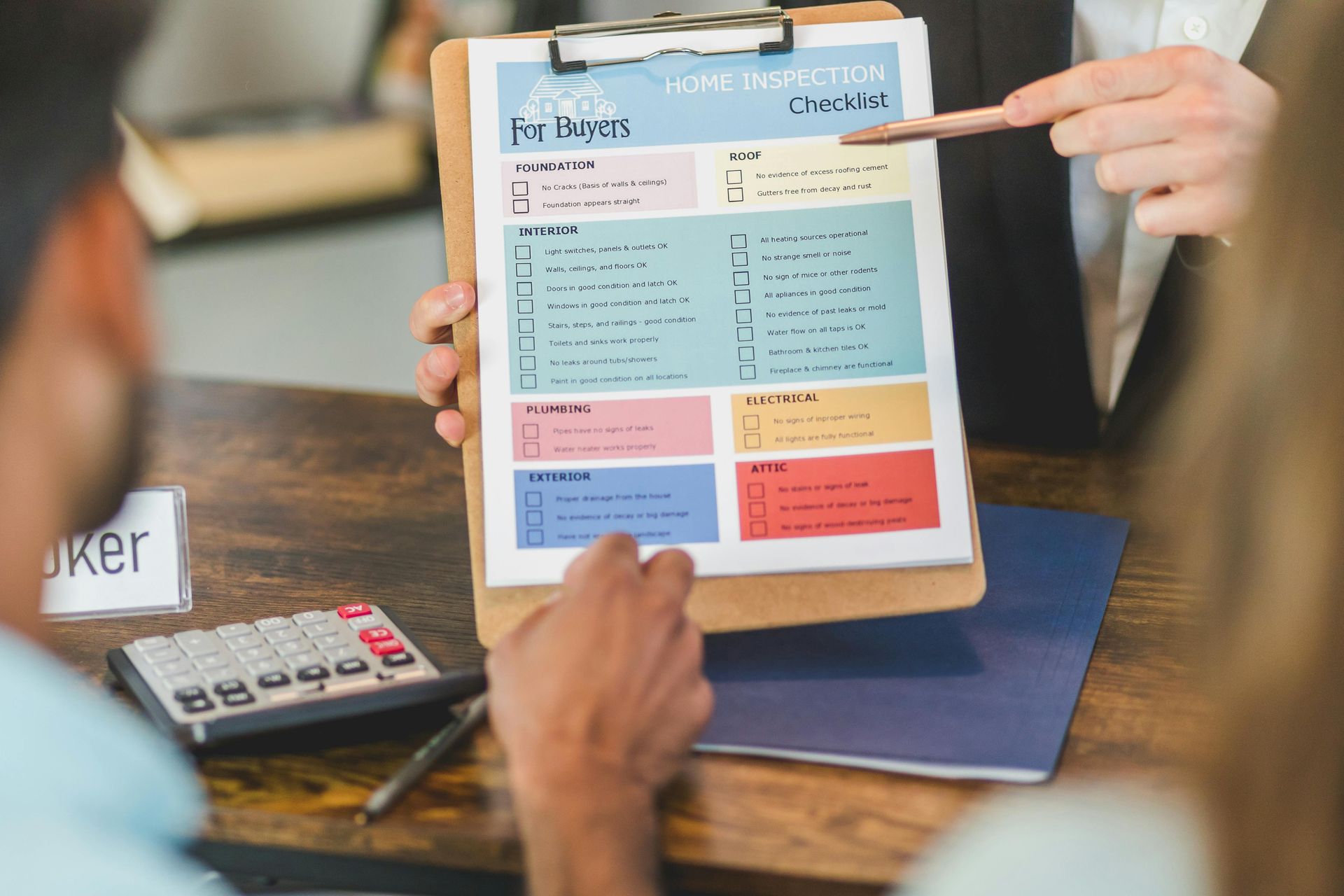The Complete Guide to Mortgage Do’s and Don’ts: Ensuring a Smooth Home Loan Process
Buying a home is one of life’s most significant financial decisions, and navigating the mortgage loan process can feel overwhelming. Whether you’re a first-time homebuyer or refinancing your current property, understanding what to do—and what to avoid—throughout the loan process is crucial for success. This comprehensive guide will walk you through the essential do’s and don’ts before, during, and after your mortgage application to ensure a seamless path to homeownership.

Before You Apply: Setting Yourself Up for Success
The mortgage process begins long before you submit your application. Proper preparation is key to avoiding delays and increasing your chances of approval.
Essential Pre-Application Do’s
Maintain Financial Stability: Continue living at your current residence and making all mortgage or rent payments on time. Lenders want to see consistent housing payment history, so any disruption could raise red flags about your reliability as a borrower.
Keep Your Employment Steady: Remain with your current employer throughout the entire process. Job changes, even lateral moves or promotions, can complicate your application and potentially delay approval. Lenders verify employment multiple times during the process, and consistency is highly valued.
Gather Required Documentation: Ensure you have a copy of your Social Security card, as it’s mandatory for obtaining a home loan. This seemingly small detail can cause significant delays if overlooked.
Disclose All Financial Obligations: Be transparent about all monthly payments, including those from services like Klarna, Affirm, child support, alimony, or charge-offs that may not appear on your credit report. Hidden debts discovered later can derail your application.
Critical Pre-Application Don’ts
Avoid New Credit Applications: Don’t apply for new credit cards, even if you receive pre-approved offers. Each credit inquiry can impact your credit score, and new accounts change your debt-to-income ratio.
Don’t Make Major Purchases: Resist the urge to buy furniture, appliances, or other big-ticket items before closing. These purchases can affect your credit utilization and available cash reserves that lenders consider during approval.
During the Application Process: Maintaining Your Financial Profile
Once your application is submitted, your financial behavior becomes even more critical. Lenders continuously monitor your credit and financial status throughout the approval process.
Essential During-Process Do’s
Upload Documents Promptly: Continue uploading updated pay stubs and bank statements throughout the entire process using your lender’s secure document portal. Timely documentation keeps your file moving and prevents delays.
Use Credit Normally: Maintain your regular credit usage patterns. Sudden changes in spending habits can raise concerns with underwriters.
Stay Current on All Obligations: Continue making all payments on time for existing accounts and obligations. Late payments during the loan process can result in immediate denial.
Communicate with Your Spouse: If you’re married, ensure your spouse understands they must be present at closing, even if they’re not on the loan. For primary residences, spouses must acknowledge the home purchase and sign closing documents.
Maintain Insurance Continuity: Keep your current insurance company and policies active. Changes in insurance can complicate the approval process and potentially affect your loan terms.
Critical During-Process Don’ts
Never Deposit Cash: Don’t deposit cash into any bank accounts during the loan process. Lenders must verify and document all income sources, and cash deposits create complicated documentation requirements.
Avoid Account Changes: Don’t change bank accounts, close credit cards, or transfer balances between accounts. These changes can trigger additional verification requirements and delay your closing.
Don’t Consolidate Debt: Resist consolidating debt onto one or two credit cards. While this might seem like good financial management, it changes your credit profile and can negatively impact your loan approval.
Postpone Major Life Changes: Don’t plan vacations, start home improvement projects, or make significant lifestyle changes during the loan process. Focus on maintaining stability until after closing.
Special Considerations and Professional Guidance
Understanding Non-Refundable Costs
It’s crucial to understand that credit reports, employment verifications, home inspections, and appraisals are all non-refundable once paid, regardless of whether your loan is approved or declined at any stage. These costs are part of the mortgage process and should be factored into your budget from the beginning.
Timing and Flexibility Expectations
Holidays, renegotiations, delays, and unexpected items can affect your scheduled closing date. Building flexibility into your timeline helps reduce stress and allows for proper handling of any issues that arise. Your lender reserves the right to request additional documentation before, during, and after closing to ensure proper loan funding and finalization.
When to Seek Professional Advice
Before making any significant financial decisions during the loan process, consult with your mortgage broker. This includes paying off loans, credit cards, charge-offs, or collections. What might seem like a positive financial move could actually harm your loan approval chances if not handled correctly.
After Approval: Protecting Your Investment
Even after loan approval, certain guidelines should be followed until closing and beyond.
Pre-Closing Precautions
Avoid Closing Day Complications: Don’t schedule handyman repairs or deliveries on your closing day. Keep this day clear to focus entirely on the closing process and handle any last-minute issues that may arise.
Continue Monitoring Your Finances: Maintain the same financial behavior that got you approved. Lenders may conduct final verification checks right before closing.
Building Long-Term Success
Maintain Relationships: Consider leaving reviews for your mortgage broker on Google and Facebook when service exceeds expectations. Strong professional relationships benefit future real estate transactions.
Stay Connected: Follow your mortgage broker on social media platforms like Instagram for ongoing market insights and future opportunities.
Conclusion: Your Path to Successful Homeownership
Successfully navigating the mortgage process requires discipline, patience, and clear communication with your lending team. By following these do’s and don’ts, you’ll minimize delays, reduce stress, and increase your chances of a smooth closing.
Remember that every situation is unique, and when special circumstances arise, immediate communication with your mortgage broker is essential. They can help you determine the best approach to achieve your homeownership goals while maintaining loan approval.
The key to mortgage success lies in maintaining financial stability, providing complete documentation, and avoiding any changes that could impact your creditworthiness or financial profile. With careful attention to these guidelines, you’ll be well-positioned to secure your home loan and move forward confidently into homeownership.
Don’t hesitate to reach out to your mortgage professional with any questions throughout the process. Their expertise and guidance are invaluable resources in making your homeownership dreams a reality.
Meta Description: Complete guide to mortgage do’s and don’ts throughout the home loan process. Learn essential tips for before, during, and after your mortgage application to ensure smooth approval and closing.
Start Your Mortgage Application with Treasure Coast Home Loans
Your Local Mortgage Broker
Mortgage Broker Port St. Lucie, Florida
Learn More About the Mortgage Process.
Check Out Our Google Verified Reviews










